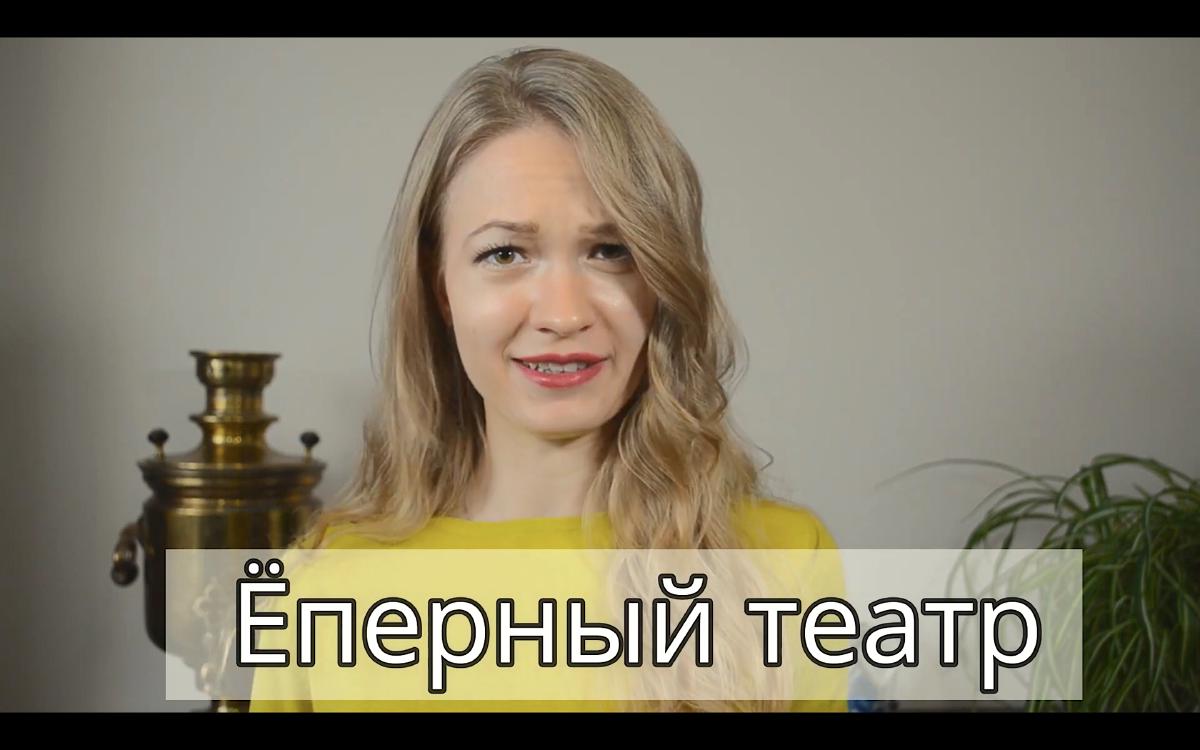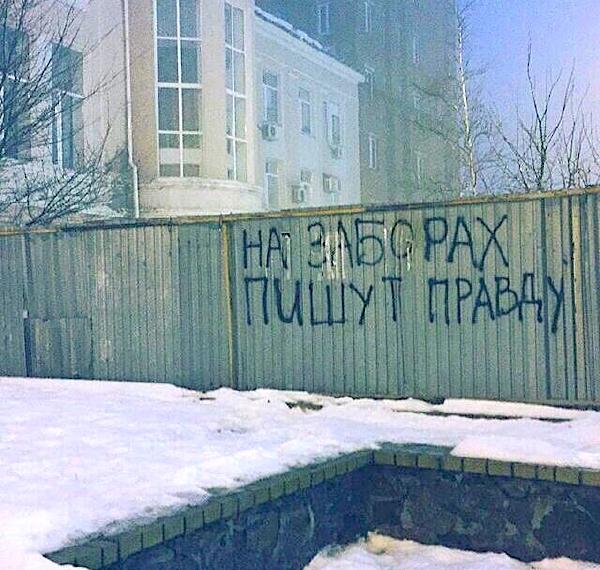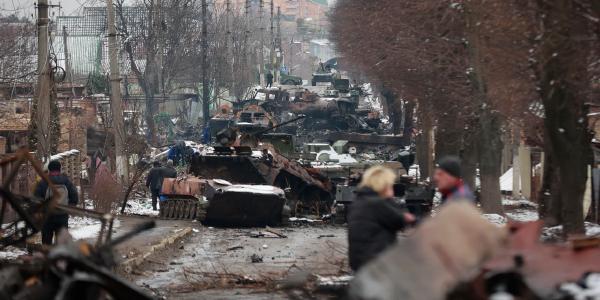Spoken and Informal Language (разговорный язык)
First, you learn the rules (years of work), then you hear a Russian speaking in real life and don’t understand a single *^&% of it (just an example). Theory is always slightly different from practice, and sometimes the differences are significant.
This is about spoken and informal language, almost a language in itself. Previously presented as the safe side of slang, looking forward to the part that must follow.
How Russians really speak Russian? Slang, Stress, Reductions
(Russian With Max, 2019, 15 mins)
From the same channel:
- 11 Russian Slang Words and Phrases | Colloquial Russian (1-11) (2020, 9 mins)
- 15 useful Russian Slang words to understand natives | Colloquial Russian (12-26) (2020, 14 mins)
- 16 Russian Slang Words With Examples (27-42) (2020, 13 mins)
- Why I can’t understand native Russian speakers? (2019, 11 mins)
10 Conversational Russian Phrases That You Need to Know
(Boost Your Russian, 2019, 7 mins)
Includes поехали; давай; чё/чо; ничё/ничо; ну; блин; здрасьте/драсьте; можно; да нет, наверное, and some repeated words like пока пока (goodbye).
50 разговорных фраз в русском языке
(Ru-Land Club, 2018, 16 mins)
говорим по-русски правильно
On Elen Sheff’s channel (говорим по-русски правильно, formerly русский с носителем), there are many individual items about colloquial language. Sometimes it veers towards idioms – Скатертью дорога (2 mins), Не все дома (2 mins) – other times it’s in the realm of slang: Уто вы несёте? (2 mins), Ты упал что ли? (3 mins), Так тебе и надо (4 mins). In В Падлу (4 mins), it’s noted that this is жаргонные словечки, or street slang, and русский для продвинутых, Russian for advanced learners.
Everyday expressions include Ближе к делу (2 mins), Всякая всячина (2 mins), Ломать голову (4 mins), Забей (2 mins), Мне везёт (5 mins), and Просто так (3 mins). Short phrases and sayings can be found in 15 коротких фраз для ежедневного использования (11 mins), 15 коротких фраз для ежедневного общения (2017, 7 mins), and 100 популярных фраз для общения (23 mins).
In 15 фраз на каждый день (7 mins), phrases include как мило; дай пять; а как же; ты знаешь; круто; хорош; можешь говорить; серьёзно; кайф; отлично; это всё; прикольно; не советую; это секрет; and это личное. In 15 фраз для разговора (2017, 9 mins), phrases include здорово; мне повезло; я – за; не обращай внимания; вперёд; а я причём; замолчи (заткнись); так вышло; запросто; что вы говорите; да нет, наверное; то одно, то другое; толку дать; я представляю; and не парься.
ё
To conclude, exclamations (восклицания), the haikus of colloquial language. See (again from Elen Sheff) Разговорный русский – о боже, блин, давай.. (2018, 18 mins), and first of all, Nathalie in Typical Russian Exclamations (World With Nathalie, 2018, 7 mins).
With ёпэрэсэтэ; ни фига себе; да иди ты; ну сколько можно уже; ёшкин кот; ну ты даёшь; здрасьте, приехали; да ну; да ты что; and ух ты.
As a final note and as a bridge to the next item in the modest series on Slang, watch Katya with her 20 Phrases to Swear in Russian (Russian with Katya, 2020, 6 mins). Softer and more fun than the title suggests: these are the polite versions, like “gosh darn” and “heck.” Many with ё.
More
- 5 Confusing colloquial Russian phrases (A. Romaker, 2020, 8 mins)
- Russian colloquial words | Speak Russian like a Native Speaker (SoRussian, 2019, 4 mins)
- Filler phrases to speak Russian naturally (LRW Alfia, 2019, 5 mins)
- How to Sound Like a Native Speaker (Be Fluent in Russian, 2017, 6 mins)
- Таким макаром // Russian phrases (Natasha speaks Russian, 2016, 6 mins)
- 2 Words To Help You Become Conversational (Russian from Russia, 2016, 5 mins)
Colloquial Russian (Svetlana le Fleming, Susan E. Kay, pdf)
More






